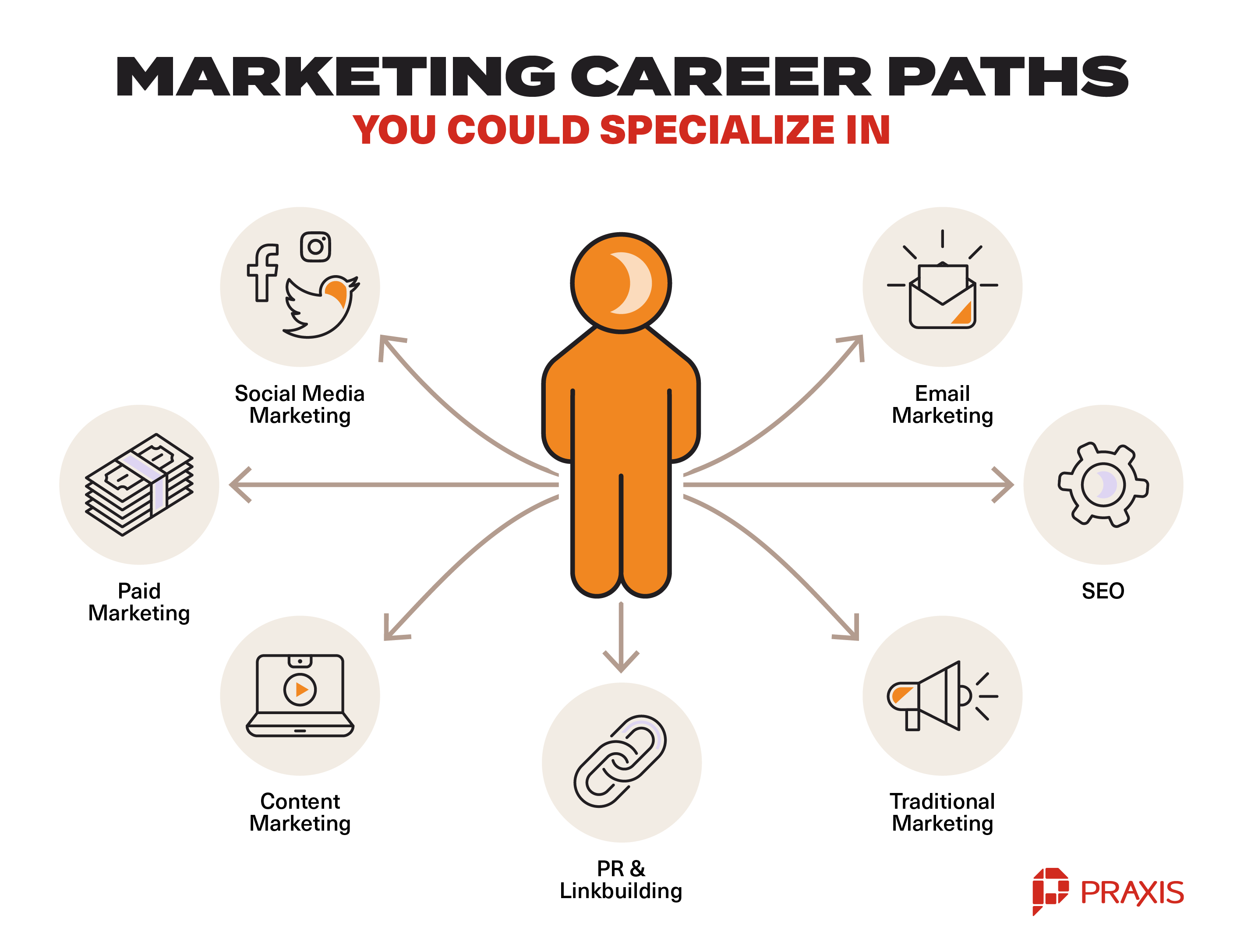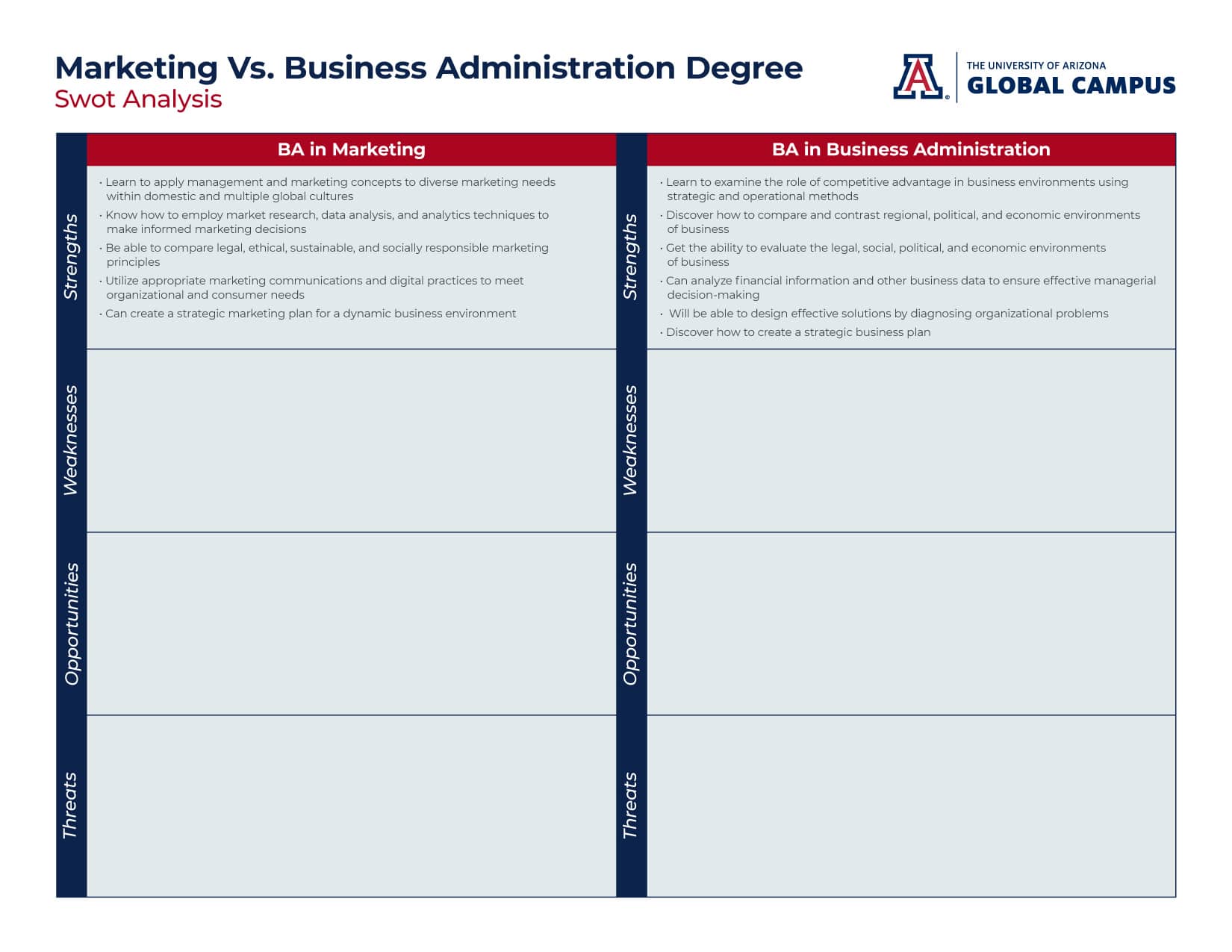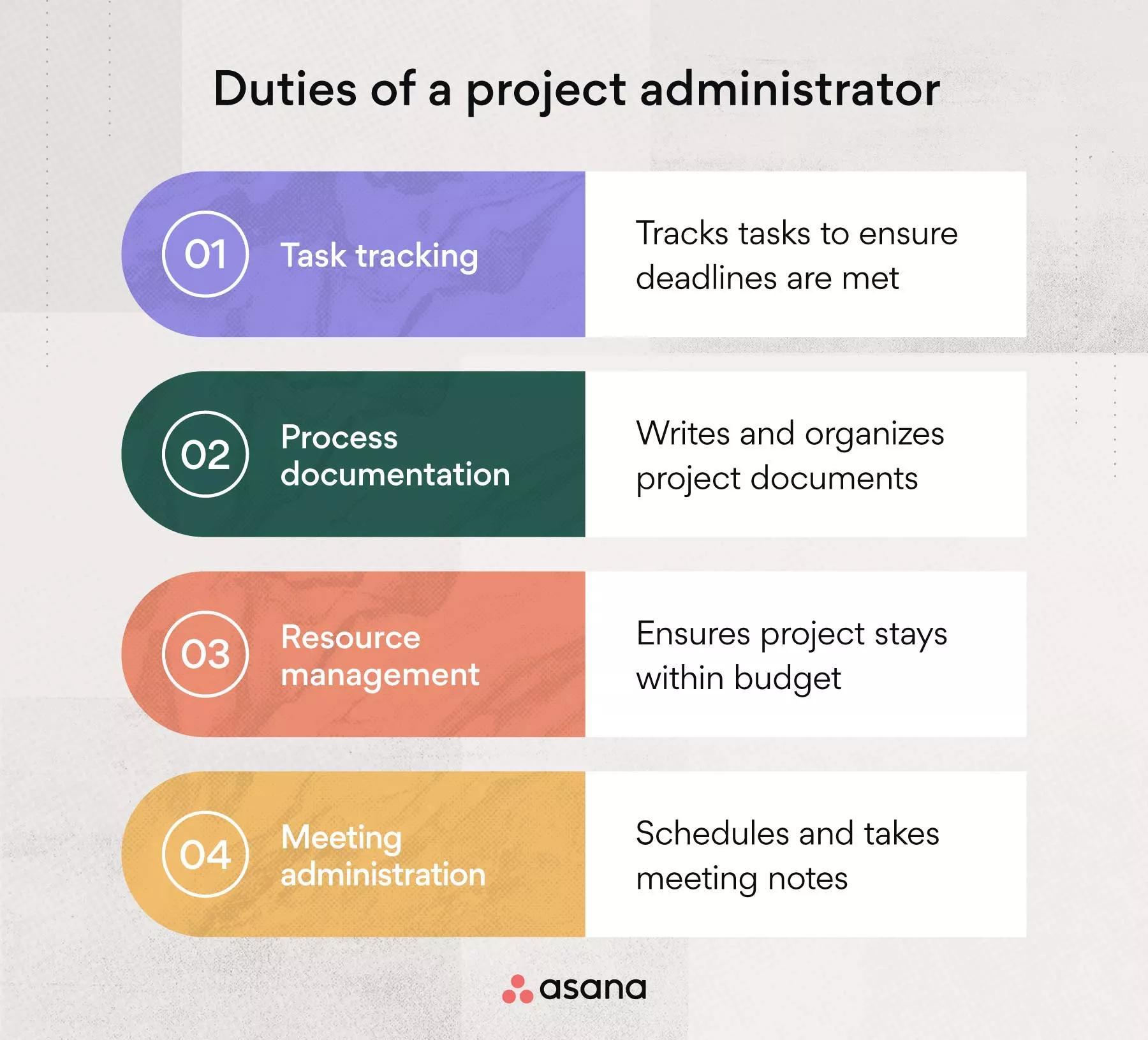- Transition from Admin to Marketing: A Comprehensive Guide
- How to switch career into marketing?
- How do I move out of admin?
- How to progress from admin role?
- What is the difference between admin and marketing?
-
Frequently Asked Questions from Our Community
- What skills are essential for transitioning from an admin role to a marketing role?
- How can I gain marketing experience while still working in an admin role?
- What challenges might I face when transitioning from admin to marketing?
- How can I highlight my admin experience to transition into marketing?
The transition from administration to marketing represents a significant career shift, offering professionals the opportunity to leverage their organizational and operational expertise in a more creative and strategic field. While administrative roles often focus on efficiency, structure, and support, marketing demands a blend of analytical thinking, communication skills, and innovation. This move can be both challenging and rewarding, as it requires adapting to new tools, understanding consumer behavior, and embracing a results-driven mindset. For those with a passion for storytelling, data analysis, and brand building, the transition opens doors to dynamic opportunities, allowing them to shape how businesses connect with their audiences and drive growth.
Transition from Admin to Marketing: A Comprehensive Guide
Understanding the Shift: Why Move from Admin to Marketing?
Transitioning from an administrative role to a marketing position involves a significant shift in responsibilities and skill sets. While administrative roles focus on organization, coordination, and support, marketing requires creativity, strategic thinking, and data analysis. This transition is often driven by a desire for more dynamic and impactful work, as marketing allows professionals to directly influence brand perception and business growth. Understanding the motivations behind this shift is crucial for a smooth transition.
See Also Movies Related to Marketing or Selling?
Movies Related to Marketing or Selling?Key Skills to Develop for a Successful Transition
To successfully transition from admin to marketing, certain skills must be developed or enhanced. These include digital marketing, content creation, data analysis, and communication. Administrative professionals often already possess strong organizational and multitasking abilities, which are transferable to marketing. However, gaining expertise in tools like Google Analytics, SEO, and social media platforms is essential. Additionally, understanding customer behavior and market trends will help in crafting effective marketing strategies.
Building a Marketing Portfolio: Showcasing Your Potential
A strong marketing portfolio is vital for demonstrating your capabilities to potential employers. Start by creating sample campaigns, such as social media posts, email newsletters, or blog articles. If possible, volunteer to assist with marketing tasks in your current role or take on freelance projects. Highlight any transferable skills from your administrative experience, such as project management or client communication. A well-rounded portfolio will showcase your readiness for a marketing role.
See Also How to find anybody's email address (especially for outreach)?
How to find anybody's email address (especially for outreach)?Networking and Mentorship: Leveraging Connections
Networking plays a crucial role in transitioning to a new field. Attend industry events, join marketing groups, and connect with professionals on platforms like LinkedIn. Seek out mentors who have successfully made a similar transition. They can provide valuable insights, guidance, and even job referrals. Building relationships within the marketing community will not only expand your knowledge but also open doors to new opportunities.
Transitioning from admin to marketing is not without its challenges. One common obstacle is the lack of direct marketing experience. To overcome this, consider enrolling in online courses or obtaining certifications in marketing. Another challenge is adapting to the fast-paced and ever-changing nature of marketing. Staying updated on industry trends and continuously improving your skills will help you stay competitive. Lastly, be prepared to start in entry-level marketing roles to gain practical experience.
See Also Ideal areas of digital marketing as a career for an introvert?
Ideal areas of digital marketing as a career for an introvert?| Key Aspect | Description |
|---|---|
| Digital Marketing | Understanding online marketing strategies and tools. |
| Content Creation | Developing engaging and relevant content for various platforms. |
| Data Analysis | Interpreting data to make informed marketing decisions. |
| Communication | Effectively conveying ideas and strategies to teams and clients. |
| Networking | Building professional relationships to advance your career. |
How to switch career into marketing?

Assess Your Transferable Skills
When switching careers into marketing, the first step is to evaluate your transferable skills. These are abilities you’ve gained in your current or previous roles that can be applied to marketing. For example:
See Also What Exactly Is a Certified Online Business Manager (COBM)?
What Exactly Is a Certified Online Business Manager (COBM)?- Communication skills: Writing, presenting, and interpersonal skills are crucial in marketing.
- Analytical thinking: Data analysis and problem-solving are valuable in understanding market trends.
- Project management: Organizing campaigns and meeting deadlines are key marketing tasks.
Learn the Fundamentals of Marketing
To transition into marketing, you need to understand its core principles. Start by learning the 4 Ps of marketing (Product, Price, Place, Promotion) and other foundational concepts. Here’s how:
- Take online courses on platforms like Coursera, Udemy, or HubSpot Academy.
- Read books such as Marketing 101 or Contagious: How to Build Word of Mouth in the Digital Age.
- Follow marketing blogs and podcasts to stay updated on industry trends.
Build a Marketing Portfolio
A strong portfolio showcases your marketing skills and creativity. Even without prior experience, you can create one by:
See Also Marketing Specialist Salary and Responsibilities?
Marketing Specialist Salary and Responsibilities?- Volunteering to manage social media accounts for small businesses or nonprofits.
- Creating mock campaigns for fictional or real brands to demonstrate your strategic thinking.
- Writing blog posts or creating content to highlight your content marketing abilities.
Network with Marketing Professionals
Networking is essential for breaking into the marketing field. Connect with professionals to gain insights and opportunities:
- Attend industry events, webinars, and conferences to meet marketers.
- Join LinkedIn groups or forums focused on marketing discussions.
- Reach out to marketers for informational interviews to learn about their career paths.
Gain Practical Experience
Hands-on experience is critical for transitioning into marketing. Consider these steps to build your expertise:
- Apply for internships or entry-level roles in marketing departments.
- Take on freelance projects to work on real-world marketing campaigns.
- Use tools like Google Analytics and Hootsuite to gain technical skills.
How do I move out of admin?
Understanding the Admin Role and Its Responsibilities
To move out of an admin role, it's crucial to first understand what the role entails. Admins typically handle tasks such as managing user permissions, overseeing system configurations, and ensuring the smooth operation of platforms or systems. Here’s how you can start transitioning:
- Assess your current responsibilities: List out all the tasks you handle as an admin to identify which can be delegated or automated.
- Identify potential successors: Look for team members who have the skills or the potential to take over your responsibilities.
- Document processes: Create detailed documentation for all admin tasks to ensure a smooth handover.
Communicating Your Intent to Transition
Once you’ve prepared, the next step is to communicate your intention to move out of the admin role. This involves clear and transparent communication with your superiors and team members.
- Schedule a meeting: Arrange a formal meeting with your supervisor to discuss your plans and reasons for transitioning.
- Present a transition plan: Share your prepared documentation and suggest a timeline for the transition.
- Seek feedback: Be open to feedback and suggestions from your team to ensure the transition is as smooth as possible.
Training Your Successor
Training your successor is a critical step in moving out of an admin role. This ensures that the new admin is well-prepared to take over your responsibilities.
- Provide hands-on training: Allow your successor to shadow you and perform tasks under your supervision.
- Conduct regular check-ins: Schedule regular meetings to address any questions or concerns your successor may have.
- Offer resources: Provide access to all necessary resources, including documentation, tools, and contacts.
Delegating Tasks Effectively
Effective delegation is key to a successful transition. This involves assigning tasks to the right people and ensuring they have the necessary support.
- Identify tasks to delegate: Determine which tasks can be handed over to other team members or your successor.
- Set clear expectations: Clearly communicate the expectations and deadlines for each delegated task.
- Monitor progress: Keep track of the progress of delegated tasks and provide support as needed.
Finalizing the Transition
The final step in moving out of an admin role is to ensure that all responsibilities have been successfully transferred and that the new admin is fully operational.
- Conduct a final review: Go through all tasks and responsibilities with your successor to ensure nothing has been overlooked.
- Update documentation: Make any necessary updates to the documentation to reflect the current state of processes.
- Announce the transition: Inform all relevant stakeholders about the change in admin roles to avoid any confusion.
How to progress from admin role?
1. Develop Advanced Skills in Your Current Role
To progress from an admin role, it is essential to enhance your skill set beyond basic administrative tasks. Focus on mastering advanced tools and software, such as project management platforms, data analysis tools, or CRM systems. Additionally, improve your soft skills, such as communication, problem-solving, and time management, to stand out as a valuable team member.
- Learn advanced software like Microsoft Excel, Asana, or Salesforce.
- Take online courses or certifications in project management or business administration.
- Volunteer for complex tasks or projects to demonstrate your initiative and capability.
2. Build Strong Relationships with Colleagues and Superiors
Networking within your organization is crucial for career progression. Establish trust and rapport with colleagues and supervisors by being reliable, proactive, and collaborative. Seek mentorship from senior employees who can provide guidance and advocate for your advancement.
- Attend company events and engage in team-building activities.
- Request feedback from supervisors to identify areas for improvement.
- Offer assistance to other departments to expand your visibility and network.
3. Take on Leadership Opportunities
Demonstrating leadership potential is key to moving beyond an admin role. Volunteer to lead small projects, mentor new employees, or organize team initiatives. This showcases your ability to manage responsibilities and inspire others, making you a strong candidate for higher-level positions.
- Lead a team project or initiative to showcase your organizational skills.
- Mentor junior staff to highlight your coaching and leadership abilities.
- Propose innovative ideas to improve workflows or processes.
4. Pursue Further Education or Certifications
Investing in your education can significantly boost your career prospects. Consider pursuing a degree or certification in fields like business administration, human resources, or project management. These qualifications can open doors to roles with greater responsibility and higher pay.
- Enroll in a certification program relevant to your desired career path.
- Complete online courses on platforms like Coursera or LinkedIn Learning.
- Attend workshops or seminars to stay updated on industry trends.
5. Explore Internal Job Postings and Career Paths
Many organizations offer opportunities for internal mobility. Regularly check your company’s job board for openings that align with your career goals. Discuss your aspirations with your manager to gain insights into potential career paths and required qualifications.
- Monitor internal job postings for roles that match your skills and interests.
- Schedule a meeting with your manager to discuss career progression opportunities.
- Research the qualifications and experience needed for your desired role.
What is the difference between admin and marketing?

What is the Role of Administration?
Administration focuses on the management and organization of a company's internal operations. It ensures that the business runs smoothly by handling tasks such as:
- Resource allocation: Managing budgets, supplies, and personnel.
- Policy implementation: Ensuring company policies are followed.
- Record-keeping: Maintaining accurate documentation and databases.
What is the Role of Marketing?
Marketing is centered on promoting and selling products or services. It involves strategies to attract and retain customers, such as:
- Market research: Analyzing customer needs and preferences.
- Advertising: Creating campaigns to promote products.
- Brand management: Building and maintaining a company's image.
How Do Their Objectives Differ?
Administration aims to ensure internal efficiency, while marketing focuses on external growth. Key differences include:
- Administration: Prioritizes operational stability and compliance.
- Marketing: Aims to increase sales and market share.
- Collaboration: Both departments work together to align goals.
What Skills Are Required for Each?
Administration requires organizational and analytical skills, whereas marketing demands creative and strategic abilities. Examples include:
- Administration: Time management, problem-solving, and communication.
- Marketing: Content creation, data analysis, and customer engagement.
- Overlap: Both fields benefit from leadership and teamwork skills.
How Do They Impact a Business?
Administration ensures operational efficiency, while marketing drives revenue growth. Their combined impact includes:
- Administration: Streamlines processes and reduces costs.
- Marketing: Expands customer base and enhances brand visibility.
- Synergy: Both contribute to the overall success of the business.
Frequently Asked Questions from Our Community
What skills are essential for transitioning from an admin role to a marketing role?
Transitioning from an administrative role to a marketing role requires developing a mix of technical and soft skills. Key technical skills include proficiency in digital marketing tools like Google Analytics, SEO, and social media platforms. Additionally, understanding content creation, data analysis, and campaign management is crucial. On the soft skills side, communication, creativity, and strategic thinking are vital for crafting compelling marketing strategies and collaborating with teams.
How can I gain marketing experience while still working in an admin role?
To gain marketing experience while in an admin role, consider taking on cross-functional projects that involve marketing tasks. Volunteer to assist with social media management, email campaigns, or event promotions within your organization. Additionally, you can pursue online courses or certifications in marketing to build your knowledge. Networking with the marketing team and seeking mentorship can also provide valuable insights and hands-on experience.
What challenges might I face when transitioning from admin to marketing?
One of the main challenges when transitioning from an admin role to a marketing role is the shift in focus from operational tasks to creative and strategic responsibilities. You may also need to adapt to a faster-paced environment and learn to work with marketing metrics and KPIs. Additionally, building credibility in a new field can be challenging, especially if you lack formal marketing experience. Overcoming these challenges requires continuous learning, adaptability, and a proactive approach to gaining relevant skills.
How can I highlight my admin experience to transition into marketing?
Your admin experience can be a strong foundation for transitioning into marketing by emphasizing transferable skills. Highlight your organizational abilities, attention to detail, and project management skills, which are valuable in marketing roles. Showcase any experience with data management, communication, or team coordination, as these are applicable to marketing tasks. Tailor your resume and cover letter to demonstrate how your admin background has prepared you for the analytical and collaborative aspects of marketing.
Leave a Reply




Articles of interest